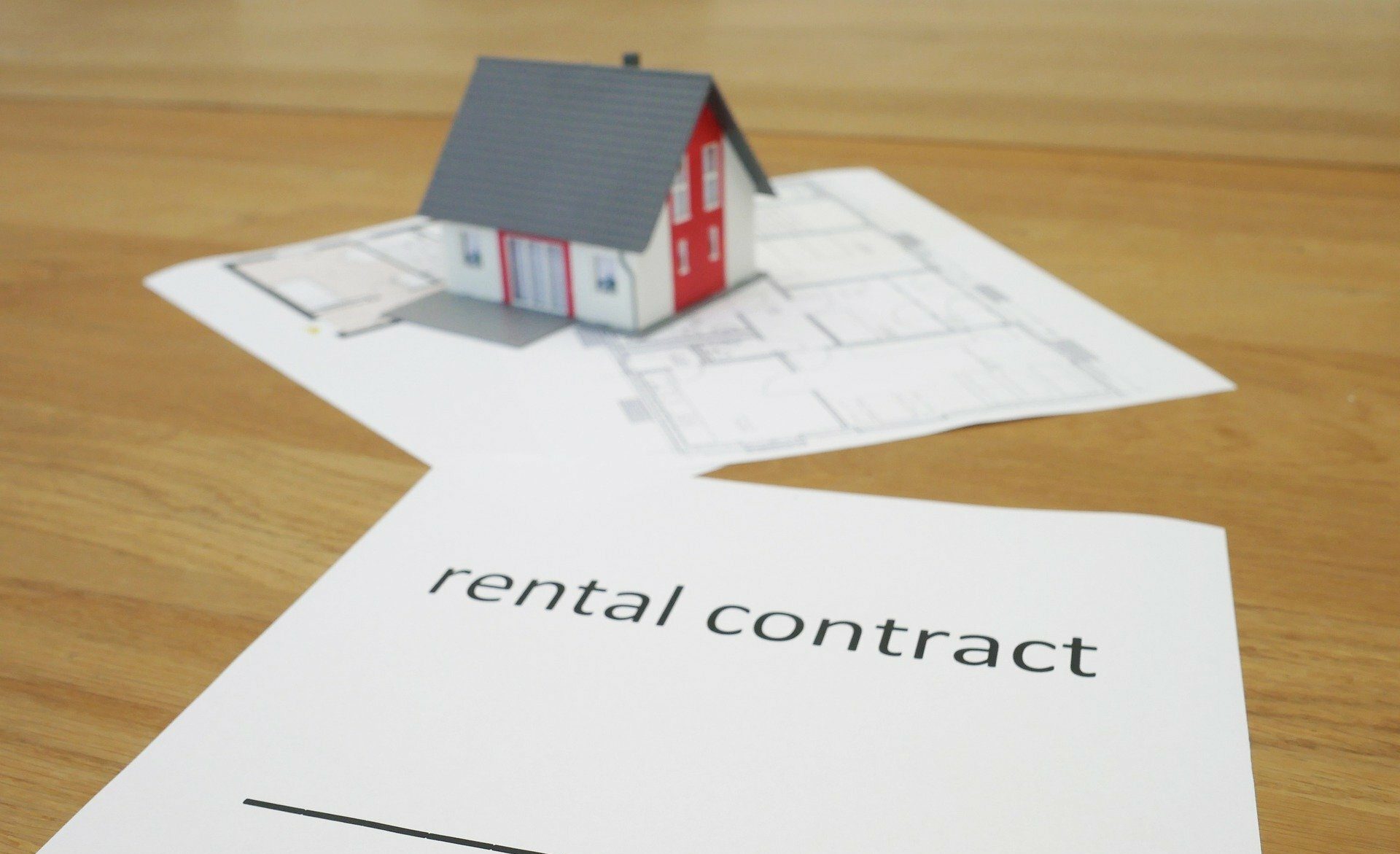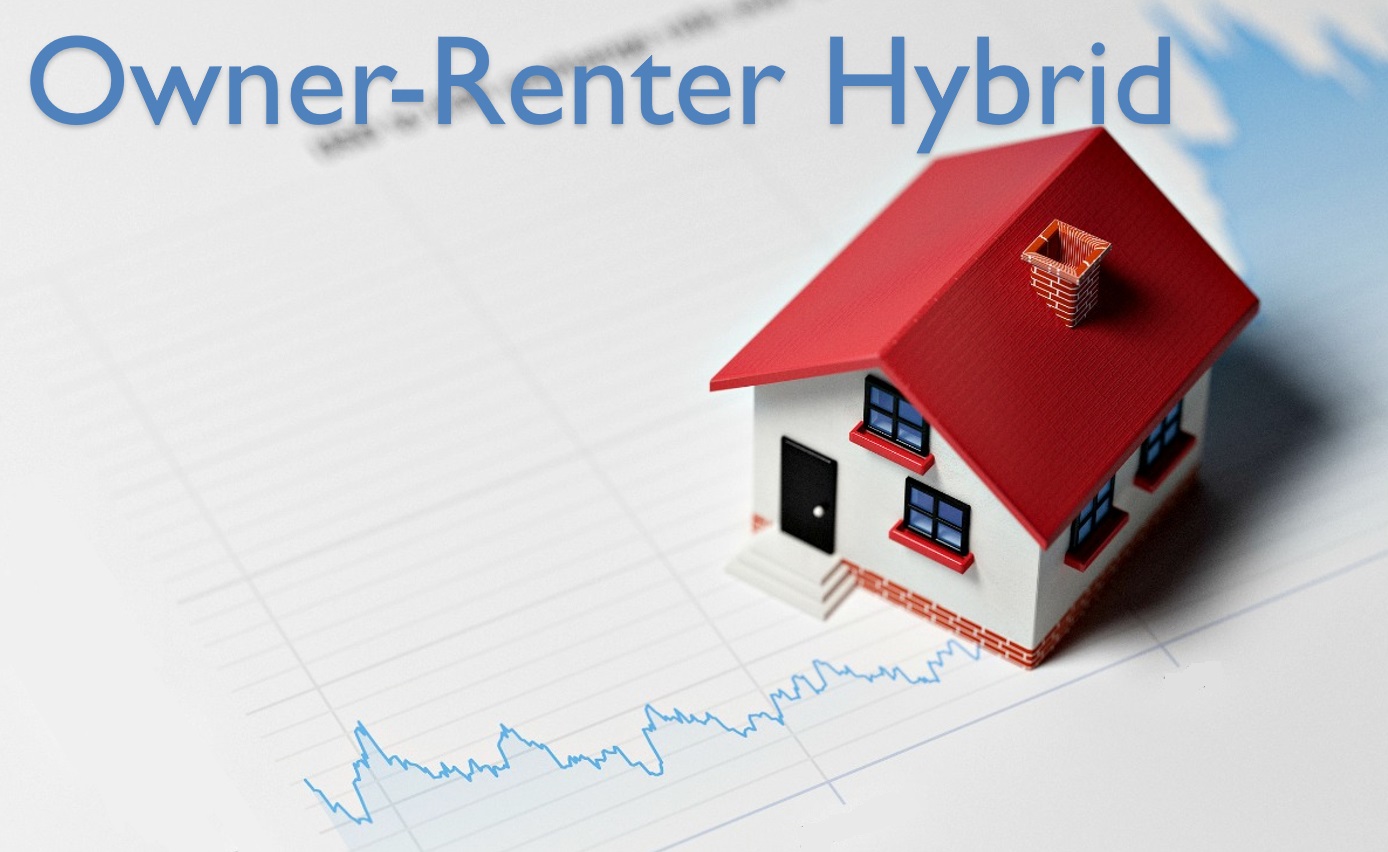The Evolving Residential Real Estate Market Due to the Coronavirus Pandemic
Tue May 12, 2020 by Oppenheim Law on Real Estate
The Coronavirus pandemic has transformed residential real estate in ways that one may not have contemplated. As more and more people have the ability to work remotely, the concept of having to relocate for work has reduced. At the same time, for those who are able to work remotely may choose to work outside of major cities where the potential risk of the spread of the virus is considered less. As a result, there has been a tremendous shift from dense urban living to suburbia.
While home ownership has always been the American dream, the Coronavirus has spawned increased interest in house renting as well as companies that are co-investing with purchasing homes. Both housing situations are due to the economic impact the pandemic has had on people’s credit scores and savings, resulting in the inability of some to obtain mortgages and therefore making purchasing homes out of reach.
Faring this Storm: House-Rentals
Companies, such as Invitation Homes Inc. and Homes 4 Rent, were created during the housing crash of the Great Recession. Others, such as Global City Development, have emerged. Earlier on, in 2012, financers, including Blackstone Group LP, bought tens of thousands of properties at foreclosure auctions on the cheap and with advances in mobile technology were able to efficiently manage those properties. Since the Great Recession, these financers/landlords were able to also buy out smaller landlords at the same time building properties to rent.

While there are more than 15 million rentals still owned by smaller investors yet to be consolidated, the largest “house renting” companies together own approximately 300,000 houses in good school districts not far from employment centers. Invitation Homes, one of these companies, reported that a record occupancy of roughly 80,000 of its houses and “better than normal” on time house rent payments in May—even when there was a record number of people unemployed. Rent collections and tenant retention for houses have proved far better than commercial property and even apartments which tend to have less household sizes and incomes than rental houses.
Hybrid Ownership: Owning and Renting
Another trend is occurring due to the pandemic in which companies are co-investing: that is, a home buyer or existing homeowner received cash in exchange for a share of ownership in the house. The co-investor then shares in the home’s rising or falling value and may require monthly payments from the occupant.
Such “co-investing” companies may eliminate the need for a traditional mortgage altogether. They may require monthly payments that fluctuate or remain steady and may allow for people to roll over the co-investment with new terms at 10-year intervals, allowing for the co-investor to cash out.

This owner-renter hybrid provides for the occupant some of the security of a homeowner (without full ownership) and rental living. The occupant does not have to worry about rent renewals; instead, the occupant has a predictable flow of housing costs for the long run and provides the resident protections (i.e., from eviction) that provides a degree of stability. The occupant also does not have to be concerned with providing more funds to ultimately acquire the full ownership of the property.
During this pandemic, hybrid ownership would enable homeowners who are having difficulty affording their homes avoid selling while providing investors with potential real estate bargains. It may also enable those struggling to own a home the ability to do so alongside an investor.
The effects of the Coronavirus continue to involve our communities, our homes, and businesses. We all are evolving during this pandemic, as change keeps occurring. Options such as house rentals and hybrid ownership are emerging as opportunities to traditional residential real estate transactions.
Stay safe and be well.
From the trenches,
Roy D. Oppenheim


Leave a Reply